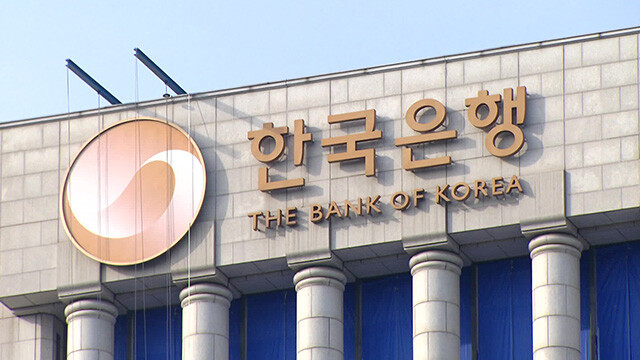
Seoul, South Korea – The Bank of Korea (BOK) has indicated its intention to further lower the benchmark interest rate next year, citing growing downward pressure on the economy due to a combination of factors including sluggish exports, weak domestic demand, and heightened political uncertainty.
In its “2025 Monetary Policy Direction” announcement on Monday, the BOK’s Monetary Policy Committee (MPC) stated that it will “adjust the base rate downward as needed to ensure that inflation remains stable and to mitigate downward pressure on growth, while also paying attention to financial stability risks.”
The central bank has already cut its policy rate by a total of 50 basis points in October and November, and its latest announcement confirms its commitment to a more accommodative monetary policy stance.
The decision to ease monetary policy further is seen as a response to the increasing likelihood of a prolonged economic slowdown amid heightened domestic and external uncertainties. The recent political turmoil and government instability have further complicated the economic outlook, making it difficult for policymakers to implement timely fiscal stimulus measures.
While acknowledging the need to monitor the impact of global monetary policy changes and political uncertainties on exchange rate volatility, the BOK emphasized the growing downside risks to the economy, including increased political uncertainty, intensifying global competition in key industries, and changing trade conditions.
The timing and magnitude of future rate cuts remain uncertain. Market participants expect the BOK to lower rates at its next meeting in January, but the central bank has refrained from providing a specific timeline.
Concerns about the potential for further weakening of the Korean won have also emerged, as the U.S. Federal Reserve has signaled a more cautious approach to monetary policy normalization. A widening interest rate differential between Korea and the United States could exacerbate capital outflows and put downward pressure on the Korean won.
Kim Ji-na, a researcher at Eugene Investment Securities, said, “Given the complex domestic economic conditions, the BOK is likely to prioritize domestic factors over external conditions. Therefore, a rate cut in January is highly probable.”
[Copyright (c) Global Economic Times. All Rights Reserved.]






























